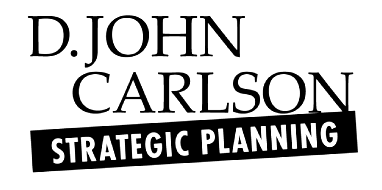Great question. There are so many…ha ha!
I have interpreted this question to refer to the mistakes that small businesses most commonly make that unnecessarily increase their advertising budget or reduce the return on the investment in advertising.
Here are my initial thoughts:
- Failure to prioritise lifetime value
There are few concepts in marketing more potent than the lifetime value of a client. That lifetime value takes into account the cost and revenue from the initial sale. It also takes into account average sale, the frequency of purchase, and referrals. None of the latter issues involves advertising.
- An offering that is unremarkable
Seth Godin once commented that ‘No one ever recommends a mediocre restaurant’. Referrals and recommendations are virtually free, and the main driver of each is a great product. Scott Galloway asserts that the thing the top brands in the world have in common is a great product. In short, great products need less promotion.
- No tangible point of difference
When you claim your product is of better quality or that you offer better service, you are inviting higher advertising costs. There is a clear and inverse relationship between the tangibility of your point of difference and the cost of advertising per sale. Word of mouth depends on a point of difference.
- A focus on price
Small businesses in Australia are obsessed with price. Along with advertising, this is the lynchpin of a lazy man’s marketing. If you can’t get sales – drop your price or advertise more – BULLSHIT. Price is far more complex than that. It is, in fact, a marketing tool that can be used to reduce advertising and drive sales.
- Too many messages
I shudder every time I see a list of reasons why a customer should buy a product. In addition to being unhelpful, this is incredible. Great products have one strong value proposition that directly addresses the needs, wants, and expectations of the target audience. Find that single, strong message.
- Too many channels
The number one rule when resources are limited is – less is more. Using multiple channels and spreading your dollars thinly is a fatal and expensive mistake. It is far better to focus on a smaller market and target it well than to try to target a large number of people.
- Platitudes, hyperbole, and jargon
No one believes you when you say your product is quality. No one believes that your service is the best. Everyone stops listening when you use jargon – no matter how clever you think it makes you sound. Excellent communication involves talking with people, not at them.
- Engaging a CREATIVE agency
Advertising agencies like to tell you that they are more creative than their competitors. This is, of course, predicated on the view that creativity is the key to great or cost-effective marketing and communication. The truth is, many things are more important, including data.
- Changing your advertising too often
Your advertising agency will suggest you change your creative – and possibly your messaging and media often. At the same time, your intuition will be wondering if they are just saying this to earn fees. Well – go with your intuition! Frequent changes are unnecessary and counter-productive.

